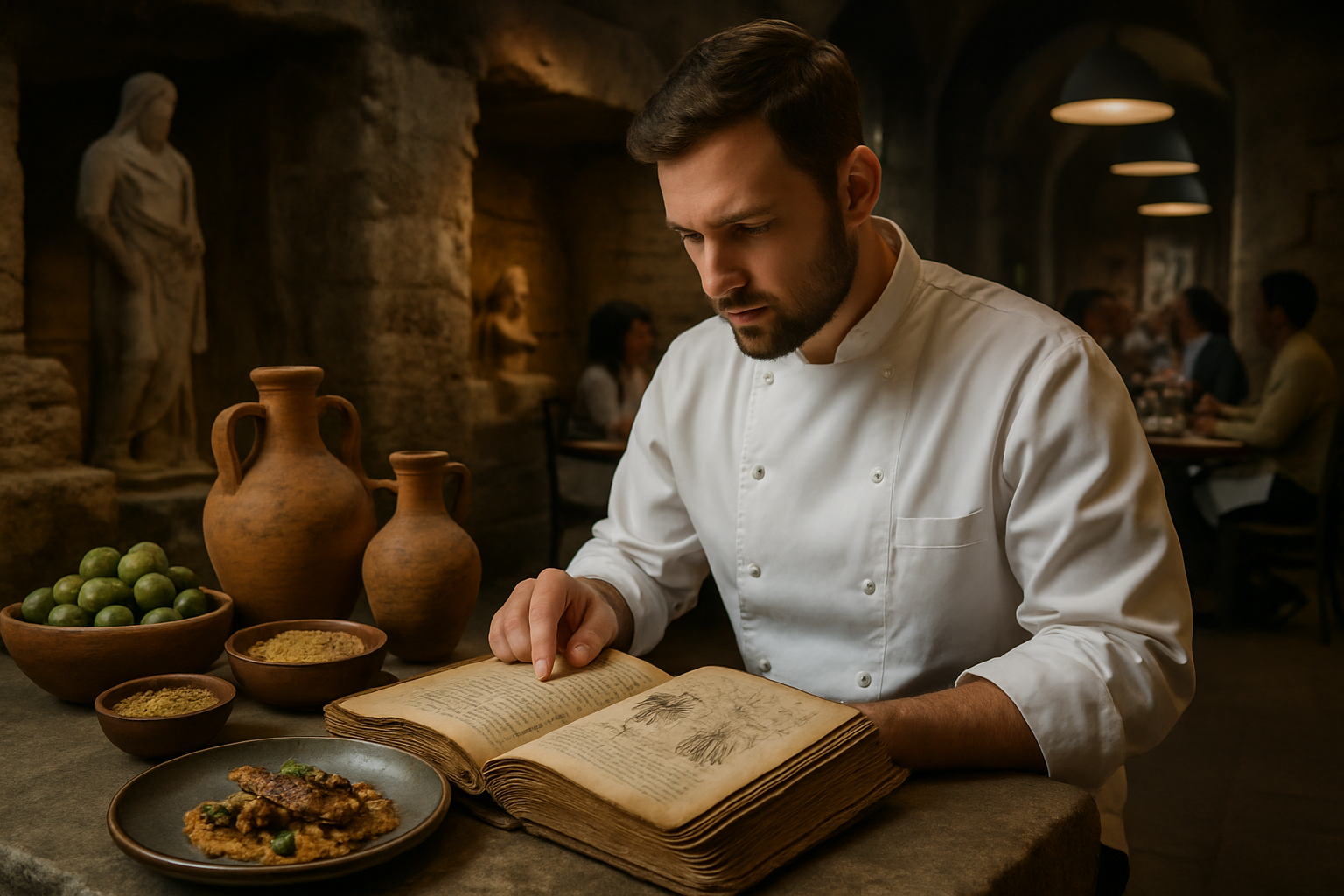Exploring the World Through Culinary Voluntourism
The fusion of gastronomy and altruism has given birth to a captivating travel trend: culinary voluntourism. This innovative approach to exploration combines the passion for food with the desire to make a positive impact on local communities. Travelers embark on journeys that not only tantalize their taste buds but also contribute to sustainable development and cultural preservation through food-related volunteer activities. As the global appetite for meaningful travel experiences grows, culinary voluntourism emerges as a delectable way to savor the world while giving back.

In the early 2000s, organizations began recognizing the potential of combining culinary experiences with volunteer work. This led to the development of programs that allowed participants to engage in activities such as teaching cooking skills to underprivileged communities, supporting sustainable agriculture projects, and preserving traditional culinary practices at risk of being lost to globalization.
The Allure of Culinary Voluntourism
The appeal of culinary voluntourism lies in its multifaceted nature. For food enthusiasts, it offers an unparalleled opportunity to delve deep into local cuisines, learning techniques and flavors directly from the source. Unlike traditional food tours, culinary voluntourism provides a hands-on experience that goes beyond mere tasting to active participation in the food preparation process.
Moreover, for those seeking meaningful travel experiences, culinary voluntourism satisfies the desire to make a tangible difference. Participants often work on projects that address food security, promote sustainable farming practices, or support local culinary entrepreneurs. This sense of purpose adds depth to the travel experience, creating memories that extend far beyond the palate.
Impact on Local Communities
One of the most significant aspects of culinary voluntourism is its potential impact on host communities. By focusing on food-related projects, these programs often address fundamental needs while preserving cultural heritage. For instance, volunteers might help establish community gardens in food deserts, teach nutrition education in schools, or work with local chefs to document and preserve traditional recipes.
These initiatives can have far-reaching effects, from improving food security to creating economic opportunities through culinary tourism. Additionally, the cultural exchange that occurs during these experiences fosters mutual understanding and appreciation between visitors and locals, breaking down barriers and challenging stereotypes.
Challenges and Considerations
While culinary voluntourism offers numerous benefits, it is not without its challenges. Critics argue that short-term volunteer projects may sometimes do more harm than good if not carefully planned and executed. There’s a risk of creating dependency or disrupting local economies if programs are not sustainable or culturally sensitive.
Ethical considerations also come into play when dealing with food in communities facing scarcity. It’s crucial for organizations to ensure that their programs genuinely benefit the local population and do not exploit vulnerable communities for the sake of providing tourists with exotic experiences.
Moreover, participants must approach these experiences with humility and a willingness to learn. The goal should be cultural exchange rather than imposing one’s own culinary traditions or assuming superiority over local practices.
The Future of Culinary Voluntourism
As awareness of sustainable and responsible travel grows, culinary voluntourism is poised for expansion. Travel operators and non-profit organizations are increasingly collaborating to create more sophisticated and impactful programs. These range from short-term experiences lasting a few days to long-term commitments spanning several months.
Technology is also playing a role in shaping the future of culinary voluntourism. Virtual cooking classes and online mentorship programs are emerging, allowing people to contribute their skills and knowledge remotely. This hybrid model may become more prevalent, combining on-site volunteer work with ongoing virtual support.
Furthermore, there’s a growing trend towards integrating culinary voluntourism into broader sustainable development initiatives. This holistic approach recognizes the interconnectedness of food systems with issues like environmental conservation, economic development, and public health.
Bites of Wisdom: Essential Tips for Culinary Voluntourists
-
Research thoroughly: Choose reputable organizations with transparent practices and demonstrable impact.
-
Prepare culturally: Learn about local food customs and etiquette before your trip.
-
Be open-minded: Embrace unfamiliar ingredients and cooking methods.
-
Learn the language: Familiarize yourself with basic culinary terms in the local language.
-
Pack appropriately: Bring suitable clothing for kitchen work and any required personal kitchen tools.
-
Document responsibly: Respect privacy and seek permission before photographing or sharing recipes.
-
Follow food safety: Adhere to local hygiene practices to ensure the well-being of all involved.
-
Engage meaningfully: Take time to build relationships with local community members.
-
Share your skills: Offer to teach a dish from your own culture as a form of exchange.
-
Stay connected: Maintain relationships and continue supporting initiatives even after your return.
Culinary voluntourism represents a flavorful fusion of cultural immersion, social responsibility, and gastronomic adventure. As travelers increasingly seek meaningful experiences that align with their values, this trend offers a unique recipe for exploration and impact. By combining the universal language of food with the power of volunteerism, participants can savor the world’s diverse cuisines while contributing to the communities that created them. As we look to the future of travel, culinary voluntourism stands out as a nourishing way to connect, learn, and make a difference, one meal at a time.






